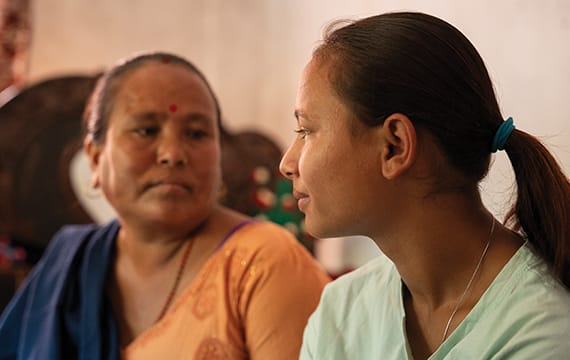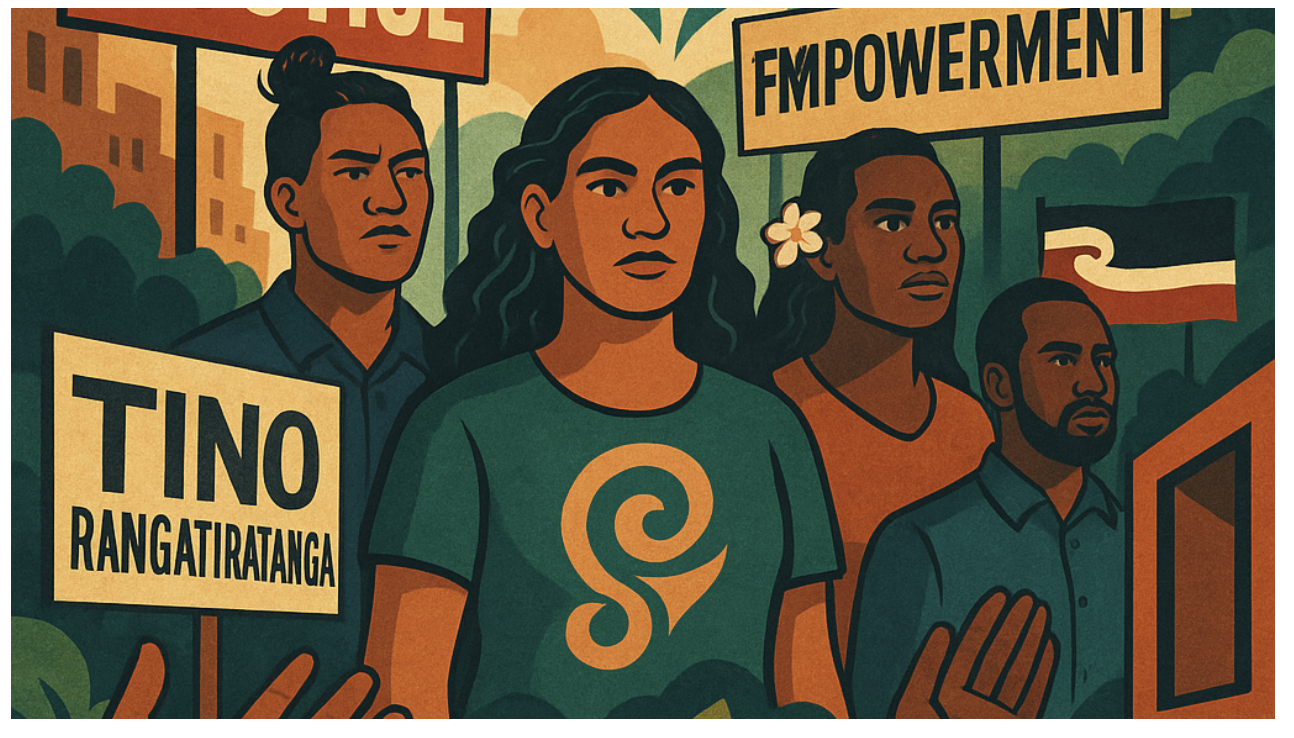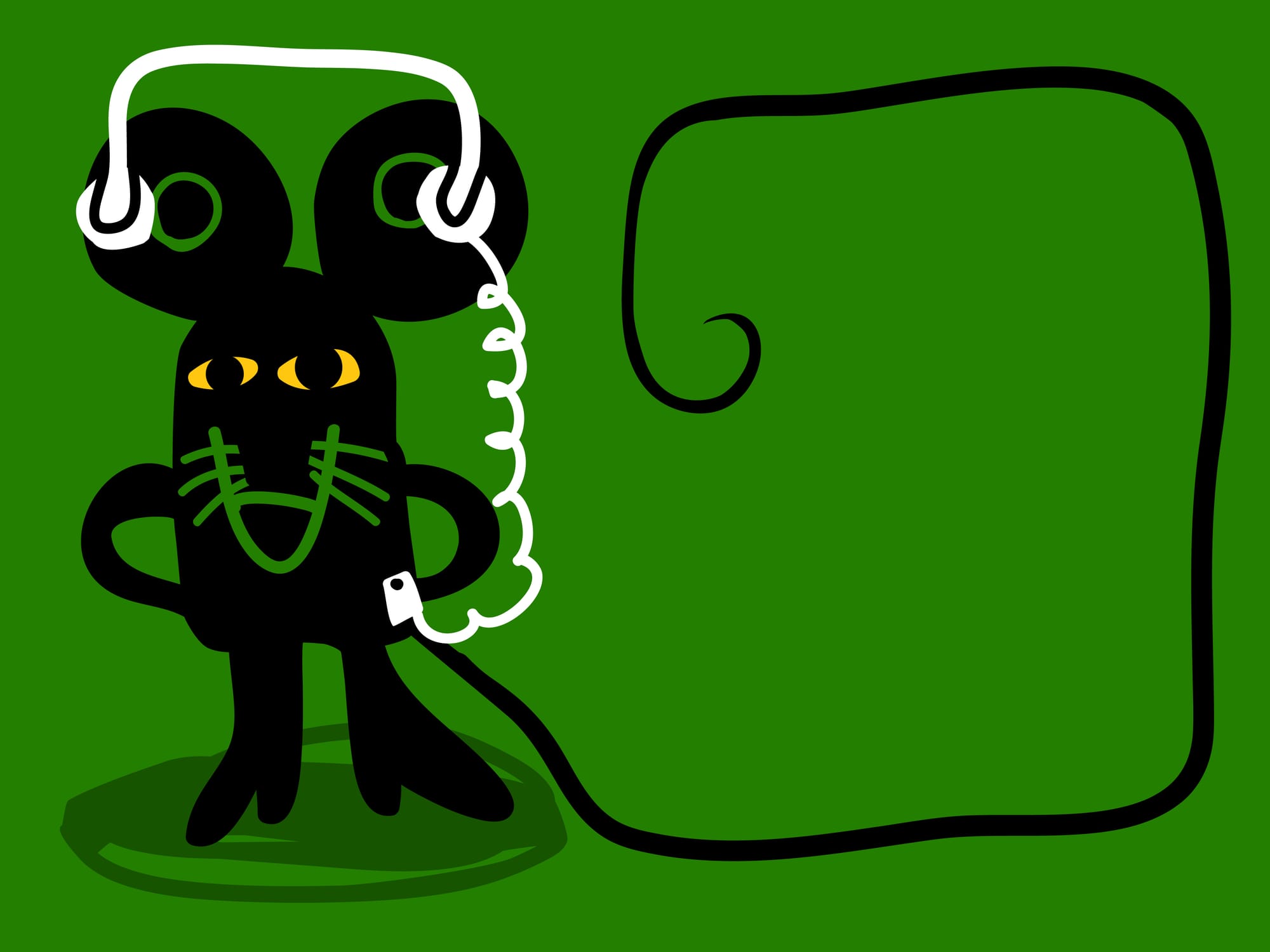
Hope arrives through compassion
Dilmaya may only be 18 years old, but she’s already suffered so much... all because of people’s misunderstanding. This is real life, where misunderstanding physical health leads to adverse impact on mental health.
Imagine having a health condition so misunderstood that people fear you. This is why 18-year-old Dilmaya from Nepal shares her story with a deep sadness.
Rejected because of fear
“I don’t have any friends now.”
If you’re wondering why Dilmaya feels she has no one to call a friend, this is what she told us...
Can you imagine how Dilmaya must have felt to have her peers turn their backs on her? To the point that she couldn’t show up at school anymore? As I reflect on Dilmaya’s story, my heart aches for every child who has been pushed aside because of fear and misunderstanding.
Dilmaya’s troubles began when she started having epileptic seizures from the age of just three. Dilmaya’s mum, Kausila, recalls:
Misunderstood and mistreated
People like Dilmaya experience severe stigma – even as small children – from people they come into contact with. But sadly, in the part of the world where Dilmaya lives, mental health conditions like those Dilmaya experiences as a result of her condition are not just misunderstood… they are feared. There are usually no services available to help people in Dilmaya’s situation. So, instead of receiving medical help in the depths of their suffering, they are often cast aside.
Physical illness becomes mental despair
As a result of the heartbreak and anguish Dilmaya experienced, she developed severe depression. And sadly, by the age of 13, she had begun harming herself and having suicidal thoughts, all because of people’s misunderstanding.
It’s extremely distressing to hear of a young person struggling in this way. No one should ever have to experience such despair.
Her mother adds: “I was also fearful of her suicidal attempts. What would I do if she dies! These feelings came to my mind and I cried… I took her to every place possible. The only thing I want is regular treatment and medicine for my daughter.”
Hope is at hand
So, you can surely imagine the enormous relief Kausila must have felt when her family connected with caring cbm-funded Outreach Support Worker, Durga.
Dilmaya now receives not only treatment for her epilepsy, but also regular home visits from Durga, giving her a much-needed chance to speak with someone who truly understands and cares about what she is experiencing. The special bond they are developing has been life-saving for Dilmaya – and that is made possible because of support for what we do.

Please will you consider sending a gift today to help provide access to mental health support, and help to break down the misunderstandings that affect so many people who live in poverty with mental health conditions.
Your gift could help someone like Dilmaya access mental health counselling and medication, or help provide people with mental health conditions with home visits from a caring cbm-funded Outreach Support Worker like Durga. And you could help create a more loving and understanding environment for people like Dilmaya by supporting Anti-Stigma Awareness Campaigns and Self-Help Groups.
Imagine what a difference it would make for Dilmaya to know she always has people to turn to for compassion and support… instead of hiding away in fear of how she might be treated.
Please don’t delay, because the longer people like Dilmaya go without help, the more isolated they become from their best chance of living a life where they are loved and understood by those around them.

Dr Murray Sheard is the Chief Executive Officer of cbm New Zealand (Christian Blind Mission), a Christian charity and international development organisation working to transform the lives of people with disabilities living in poverty.
He has worked internationally in development, anti-corruption, social enterprise, ethics training, education, and governance. Born in Wellington and raised in Thames, he is married to Joy and is dad to two boys, Finn and Jamie.


